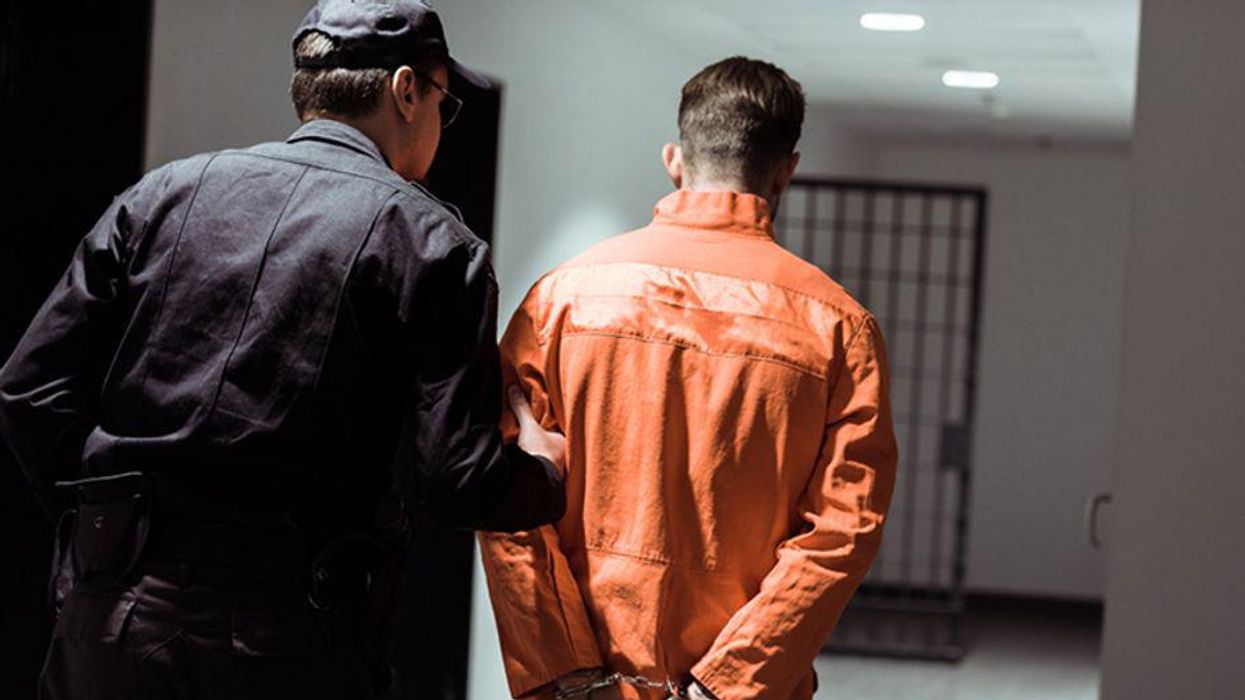South Carolina judge rules that executions by electric chair and firing squad are unconstitutional


Although most developed nations have long since abolished the death penalty — from Australia to Uruguay to Sweden to Italy — the United States continues to allow executions. The legality of the death penalty in the U.S., however, varies from state to state. While California, for example, has had a moratorium on the death penalty since 2019, red states are much more likely to allow capitol punishment. But deep red South Carolina continues to grapple with execution methods.
On Tuesday, September 6, Judge Jocelyn Newman ruled that two execution methods — the electric chair and firing squads — are inconsistent with the state’s constitution. And Newman has permanently barred the South Carolina Department of Corrections from executing four Death Row inmates using either method.
Newman’s ruling doesn’t mean that the inmates cannot be executed in South Carolina, only that they cannot be killed by electrocution or a firing squad.
READ MORE: Right-wingers are absolutely gushing over South Carolina's firing squad executions
The judge wrote, “In 2021, South Carolina turned back the clock and became the only state in the country in which a person may be forced into the electric chair if he refuses to elect how he will die. In doing so, the General Assembly ignored advances in scientific research and evolving standards of humanity and decency.”
The Greenville News’ Kathryn Casteel reports, “An appeal to the decision is expected, which would take the matter to the (South Carolina) State Supreme Court.”
The United States has had a variety of execution methods over the years, including hanging, the gas chamber, the electric chair and firing squads. But some of the execution methods that were commonly used in parts of Europe in the past — such as the guillotine in France or the garrot in Spain — never caught on in the U.S.
In 2022, the most common execution method in states that allow the death penalty is lethal injection.